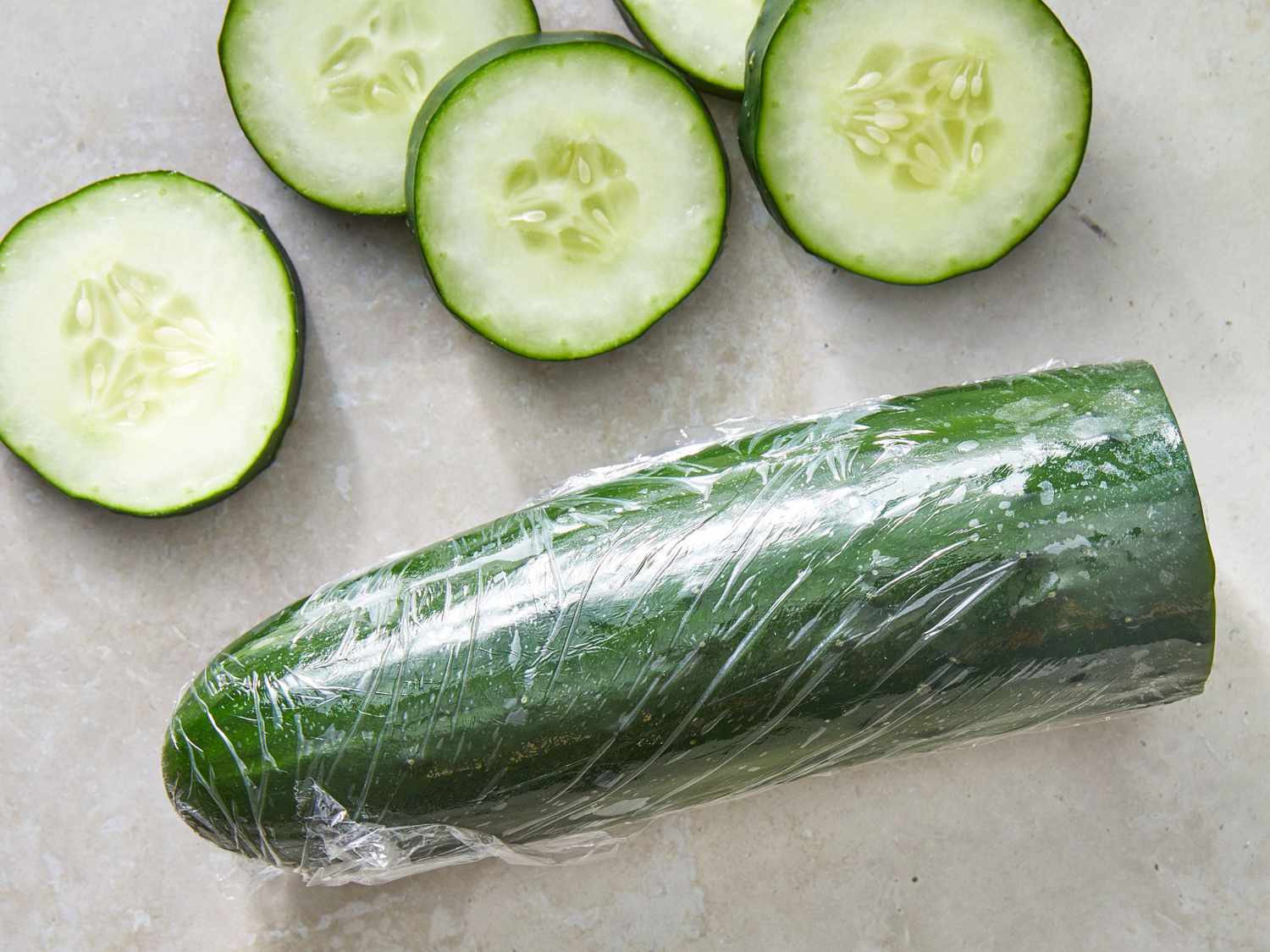

Articles
How To Store Cucumber
Modified: November 2, 2024
Learn how to store cucumbers properly with our informative articles. Discover the best methods to keep cucumbers fresh for longer and avoid spoilage.
(Many of the links in this article redirect to a specific reviewed product. Your purchase of these products through affiliate links helps to generate commission for Storables.com, at no extra cost. Learn more)
Introduction
Welcome to the world of cucumbers! Whether you grow them in your garden or purchase them from the supermarket, knowing how to properly store cucumbers is crucial to keeping them fresh and flavorful. Cucumbers are a versatile vegetable, commonly used in salads, sandwiches, and as a refreshing snack. However, if not stored correctly, cucumbers can spoil quickly and lose their crispness.
In this article, we will explore the best practices for storing cucumbers to help you extend their shelf life and maintain their quality. From choosing the right cucumbers to storing them in the refrigerator or using alternative storage methods, we will cover everything you need to know. So, let’s dive in and discover the secrets to keeping your cucumbers fresh!
Key Takeaways:
- Choose firm, smooth, and organic cucumbers for longer shelf life. Store whole cucumbers in breathable bags in a cool place or refrigerate them for up to 2 weeks.
- Use airtight containers and proper sealing techniques to maintain cucumber freshness. Consider alternative storage methods like pickling or freezing for extended availability.
Read more: How To Store Cut Cucumbers
Choosing the Right Cucumbers
When it comes to storing cucumbers, selecting the right ones is the first step towards ensuring their freshness. Here are a few key factors to consider when choosing cucumbers:
- Look for firmness: Choose cucumbers that are firm to the touch. Avoid ones that are soft or wrinkled, as these are signs of age or spoilage.
- Check for smooth skin: Opt for cucumbers with smooth and unblemished skins. Avoid any that have cuts, bruises, or yellow spots, as these are indications of damage or overripeness.
- Consider the size: Choose cucumbers of the desired size for your intended use. Smaller cucumbers tend to be more flavorful, while larger cucumbers are great for slicing.
- Choose organic or locally sourced cucumbers: If possible, opt for organic cucumbers or ones sourced from local farmers. They are often fresher and have a lower chance of being treated with chemicals or preservatives.
- Consider the variety: Cucumbers come in various shapes and sizes, such as English cucumbers, Persian cucumbers, or pickling cucumbers. Each variety has its own unique characteristics and storage requirements, so choose accordingly.
By selecting cucumbers that meet these criteria, you will have a better chance of storing them successfully and maintaining their quality for longer periods.
Storing Cucumbers Whole
One of the simplest ways to store cucumbers is to keep them whole. Here are the steps to follow:
- Do not wash the cucumbers: Cucumbers have a natural protective coating that helps to keep them fresh. Washing them before storage can remove this coating and lead to quicker spoilage. Only wash them right before using.
- Remove any plastic wrap or packaging: If your cucumbers come wrapped in plastic or any other packaging, remove it. This will allow for better air circulation and prevent moisture buildup, which can cause cucumbers to rot.
- Place cucumbers in a breathable bag or container: To prevent your cucumbers from drying out or becoming mushy, store them in a breathable bag or container. Paper bags or perforated plastic bags are ideal options. Alternatively, you can use a reusable produce storage bag specifically designed to maintain optimal humidity levels.
- Store in a cool location: Find a cool place in your pantry or kitchen that stays around 50-55°F (10-13°C). Avoid storing cucumbers near heat sources or in direct sunlight, as this can cause them to spoil quickly.
By following these steps, your whole cucumbers should stay fresh for up to a week or even longer, depending on their freshness when purchased.
Storing Sliced Cucumbers
If you prefer to slice your cucumbers ahead of time for convenience or to use them in recipes, proper storage is essential to maintain their freshness. Here’s how to store sliced cucumbers:
- Wash and dry the cucumbers: Before slicing, wash the cucumbers under cool running water and pat them dry with a clean towel. This helps remove any dirt or bacteria that could accelerate spoilage.
- Use an airtight container: Place the sliced cucumbers in an airtight container to prevent air exposure and moisture loss. This will help preserve their texture and prevent them from becoming soggy.
- Add a paper towel: To absorb excess moisture and keep the cucumbers crisp, place a folded paper towel on top of the slices before sealing the container. This will help maintain their texture and prevent them from becoming mushy.
- Store in the refrigerator: Transfer the tightly sealed container to the refrigerator. The cool temperature will slow down the spoilage process and keep the sliced cucumbers fresh for up to a few days.
Remember to consume the sliced cucumbers within a few days for the best taste and texture. If you notice any signs of spoilage, such as a slimy texture or a foul odor, discard them immediately.
Properly Sealing Containers
Properly sealing the containers is crucial for maintaining the freshness and quality of your stored cucumbers. Here are some tips for ensuring a tight seal:
- Choose the right container: Select an airtight container that is appropriate for the quantity of cucumbers you want to store. Glass or plastic containers with lids that have a silicone or rubber seal are excellent choices.
- Prevent air exposure: Before sealing the container, ensure that the cucumbers are properly arranged, leaving minimal empty space. This will help prevent air exposure and moisture loss, keeping the cucumbers fresh for longer.
- Seal tightly: Take extra care when sealing the container to create an airtight environment. Make sure the lid is securely fastened to avoid air leakage.
- Avoid stacking heavy items: If you plan to stack multiple containers, avoid placing heavy items on top of the cucumbers. The pressure from the weight can crush the cucumbers and affect their texture.
- Label and date the containers: To keep track of the cucumbers’ freshness, label the containers with the date of storage. This will help you identify how long the cucumbers have been stored and when to consume them.
By following these sealing techniques, you can extend the shelf life of your cucumbers and preserve their quality for an extended period.
Store cucumbers in the refrigerator crisper drawer, wrapped in a paper towel to absorb excess moisture. Keep them away from ethylene-producing fruits to prevent spoilage.
Read more: How To Store Peeled Cucumbers
Storing Cucumbers in the Refrigerator
The refrigerator is an ideal place to store cucumbers, as it provides a cool and controlled environment. Here are the steps to store cucumbers in the refrigerator:
- Wrap in a paper towel: Before placing the cucumbers in the refrigerator, individually wrap them in a paper towel. This helps absorb excess moisture and prevents the cucumbers from becoming soggy.
- Place in a resealable bag: Once wrapped, put the cucumbers in a resealable plastic bag or airtight container. This provides an additional layer of protection against moisture and helps maintain their crispness.
- Adjust humidity levels: Most refrigerators have humidity control settings. Set the humidity level to around 95% or high to maintain the optimum moisture content for cucumbers. If your refrigerator does not have humidity control, placing the cucumbers in the crisper drawer usually provides a slightly higher humidity environment.
- Store away from ethylene-producing fruits: Keep cucumbers away from ethylene-producing fruits like apples, bananas, and tomatoes. Ethylene is a natural gas that speeds up the ripening process and can cause cucumbers to deteriorate quickly.
- Consume within a week: While cucumbers can last for up to a week in the refrigerator, it’s best to consume them as soon as possible to enjoy their optimal flavor and texture.
Remember to check the cucumbers periodically for any signs of spoilage, such as mold or a slimy texture. If you notice any signs of decay, discard them promptly to prevent contamination of other stored produce.
Using Alternative Storage Methods
If you’re looking for alternative ways to store cucumbers, here are a few methods to consider:
- Pickle the cucumbers: Pickling cucumbers is an excellent option to extend their shelf life while adding flavor. You can make homemade pickles by following a simple brine recipe and storing them in sterilized jars. Pickled cucumbers can last for several months when stored in a cool, dark place.
- Freeze the cucumbers: If you have an abundance of cucumbers, freezing them is a great way to preserve their freshness for an extended period. Wash, peel, and slice the cucumbers before blanching them in boiling water for a few minutes. Plunge the blanched cucumbers into an ice bath to stop the cooking process, then dry them thoroughly before placing them in freezer-safe bags or containers. Frozen cucumbers are best used in cooked dishes or smoothies.
- Make cucumber-infused water: If you want to enjoy the refreshing flavor of cucumbers while keeping them hydrated, try making cucumber-infused water. Slice the cucumbers and add them to a pitcher of water, then refrigerate for a few hours to allow the flavors to infuse. This method allows you to enjoy the essence of cucumbers while using them up in a creative and healthy way.
- Dehydrate the cucumbers: Dehydrating cucumbers removes the moisture content, allowing them to be stored for a longer period. Thinly slice the cucumbers and place them on a baking sheet. Set your oven to the lowest setting and leave the cucumbers to dehydrate for several hours, or use a food dehydrator as per the manufacturer’s instructions. Once dried, store the cucumbers in an airtight container in a cool, dry place.
These alternative storage methods offer unique ways to preserve cucumbers, allowing you to enjoy their flavors and benefits even after the growing season has ended.
Length of Storage
The length of time cucumbers can be stored depends on several factors, including their freshness at the time of purchase and the storage method used. Here are some guidelines for the length of storage:
– Whole cucumbers: When stored properly in a cool location or the refrigerator, whole cucumbers can last for about 1 to 2 weeks. However, it is always best to consume them as soon as possible to enjoy their optimal taste and texture.
– Sliced cucumbers: Sliced cucumbers have a shorter shelf life compared to whole cucumbers. When stored in an airtight container with a paper towel to absorb moisture, sliced cucumbers can stay fresh for up to 3 to 4 days in the refrigerator.
– Pickled cucumbers: If you choose to pickle your cucumbers, they can last for several months when properly stored in sterilized jars. The acidity and vinegar in the pickling solution act as preservatives, keeping the cucumbers safe to consume for an extended period.
– Frozen cucumbers: Frozen cucumbers can be stored for up to 10 to 12 months in the freezer. However, it’s important to note that their texture and crispness may change once thawed, making them best suited for cooked dishes or smoothies.
– Dehydrated cucumbers: Dehydrated cucumbers can be stored for several months in an airtight container in a cool, dry place. Their moisture content has been removed, which helps prolong their shelf life.
Keep in mind that these timelines are general guidelines, and the actual storage time may vary depending on the freshness of the cucumbers and the specific storage conditions.
Remember to always inspect your cucumbers before consuming them. If you notice any signs of spoilage such as mold, a slimy texture, or an off odor, discard them immediately to prevent any potential health risks.
Keeping Cucumbers Fresh
To ensure the freshness and quality of your cucumbers for as long as possible, follow these additional tips:
- Do not wash cucumbers until ready to use: Washing cucumbers before storage can promote moisture buildup and lead to faster spoilage. Wait to wash them until just before you plan to eat or prepare them.
- Avoid exposure to heat and sunlight: Cucumbers are sensitive to heat and sunlight, which can accelerate their deterioration. Store them in a cool, dark place or in the refrigerator to preserve their freshness.
- Keep cucumbers away from ethylene-producing fruits: Ethylene gas can cause cucumbers to spoil quickly. Store them separately from ethylene-producing fruits like apples, bananas, and tomatoes to prevent premature ripening.
- Check for spoilage regularly: Inspect your cucumbers regularly for any signs of spoilage, such as mold, soft spots, or a slimy texture. Remove any spoiled cucumbers immediately to prevent the spread of decay to others.
- Use older cucumbers first: If you have multiple cucumbers stored, use the older ones first to ensure they are consumed while still fresh. This helps prevent any cucumbers from going to waste.
- Cut off any spoiled sections: If you notice a small portion of a cucumber that has spoiled, you can salvage the rest by cutting off the affected area. Just make sure to thoroughly wash the remaining cucumber before consuming it.
- Store cucumbers in a crisper drawer: If your refrigerator has a crisper drawer, use it to store cucumbers. These drawers are designed to provide optimal humidity levels, helping to extend the shelf life of your cucumbers.
By following these tips and guidelines, you can ensure that your cucumbers stay fresh and delicious for as long as possible.
Read more: How To Store Persian Cucumbers
Conclusion
Properly storing cucumbers is essential to extend their shelf life and maintain their crispness and flavor. Whether you store them whole, sliced, pickled, frozen, or dehydrated, following the right techniques and using suitable containers will help keep your cucumbers fresh for longer periods of time.
Remember to choose firm and smooth cucumbers when purchasing them, and avoid any signs of damage or overripeness. Keep them in a cool location or in the refrigerator, making sure to use proper storage containers to prevent moisture loss and spoilage. Utilizing alternative storage methods like pickling or freezing can offer greater versatility and prolong the availability of cucumbers even beyond their growing season.
Regularly inspect your cucumbers for any signs of spoilage and consume them before they deteriorate. By following these guidelines and incorporating them into your storage routine, you can ensure that your cucumbers remain fresh, crispy, and delicious for as long as possible.
So, whether you enjoy cucumbers in salads, sandwiches, or as a hydrating snack, with the right knowledge and techniques, you can always have fresh cucumbers ready to elevate your culinary experiences.
Frequently Asked Questions about How To Store Cucumber
Was this page helpful?
At Storables.com, we guarantee accurate and reliable information. Our content, validated by Expert Board Contributors, is crafted following stringent Editorial Policies. We're committed to providing you with well-researched, expert-backed insights for all your informational needs.
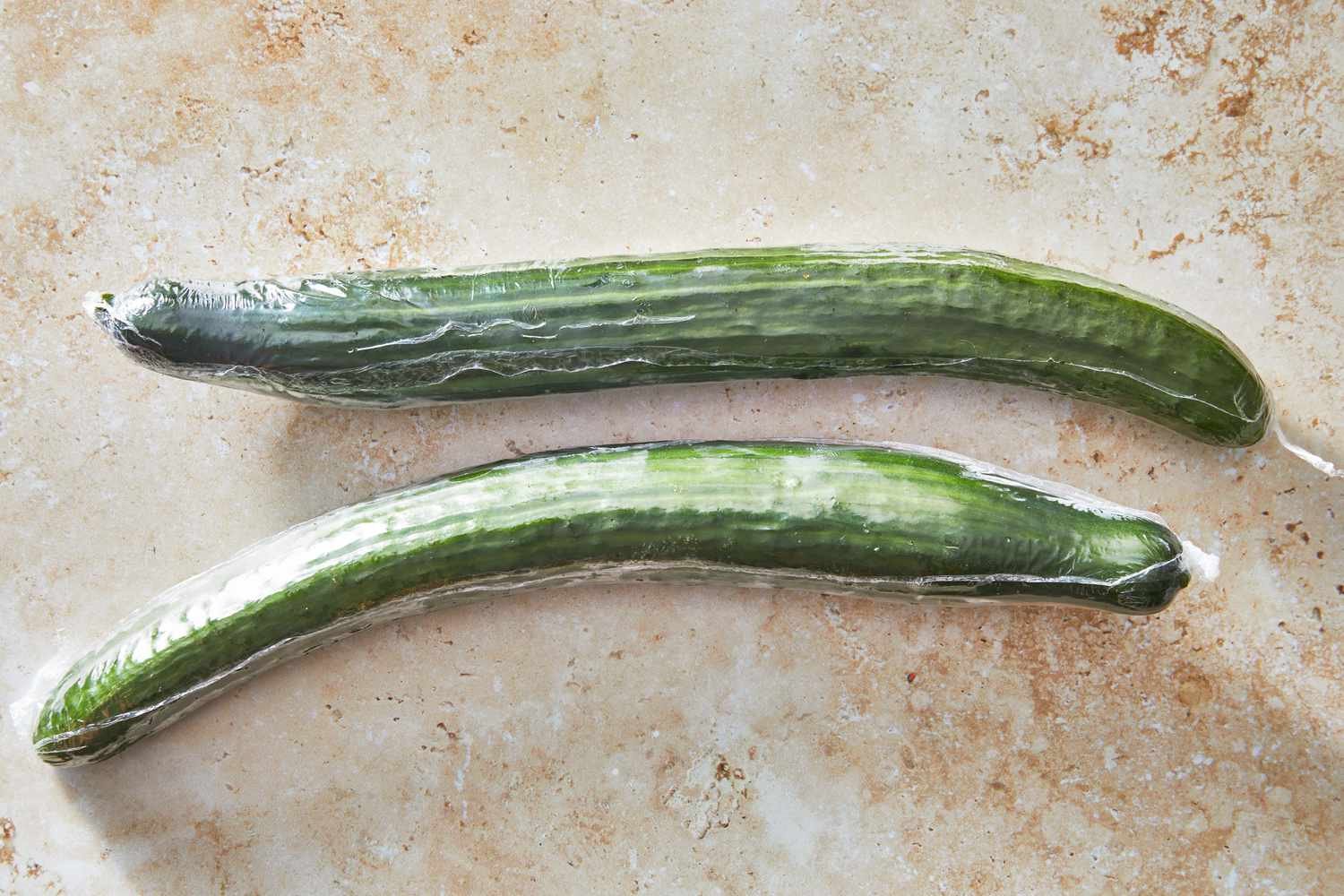
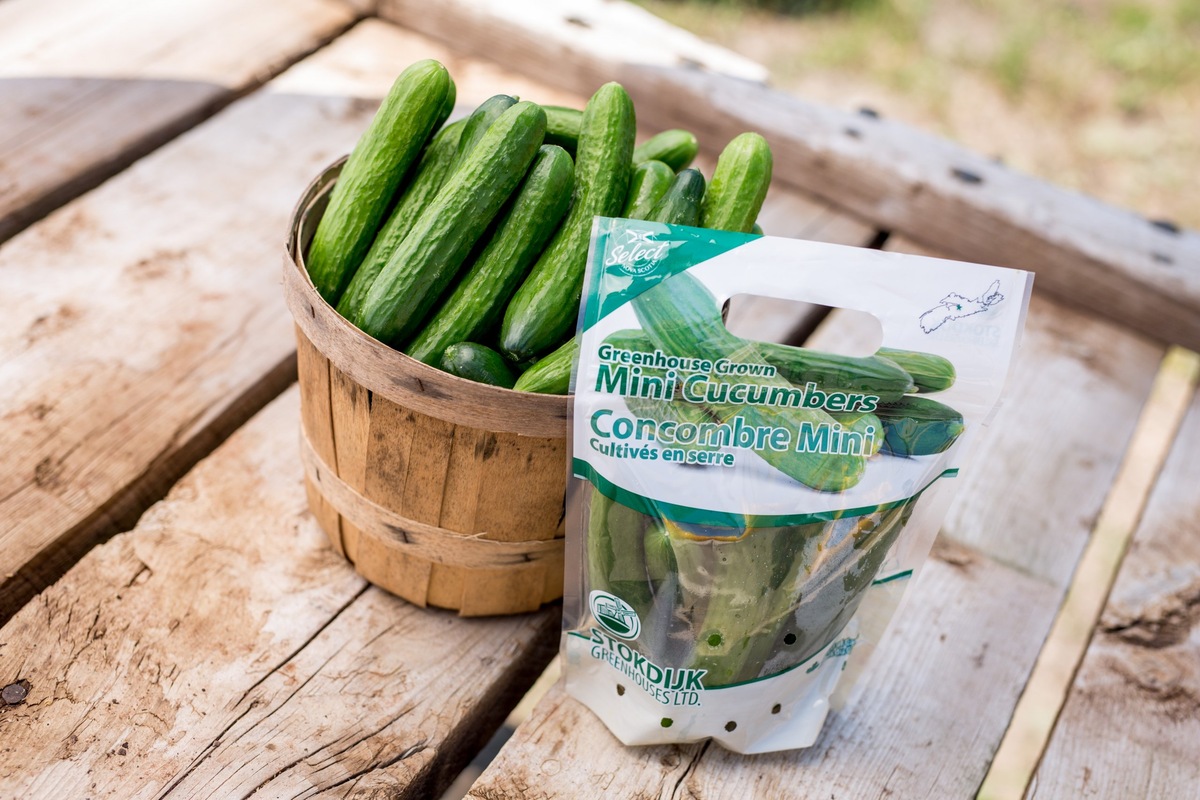
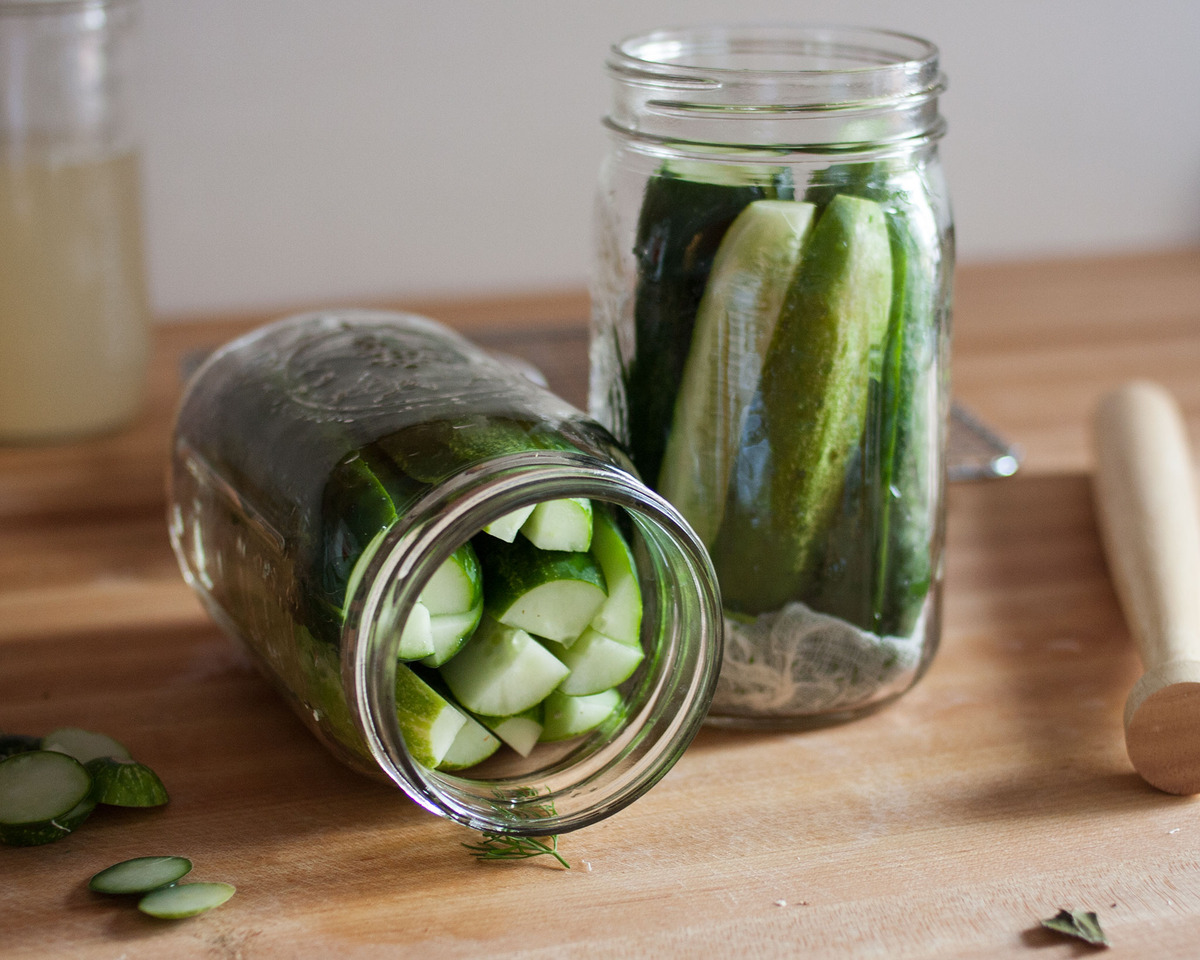
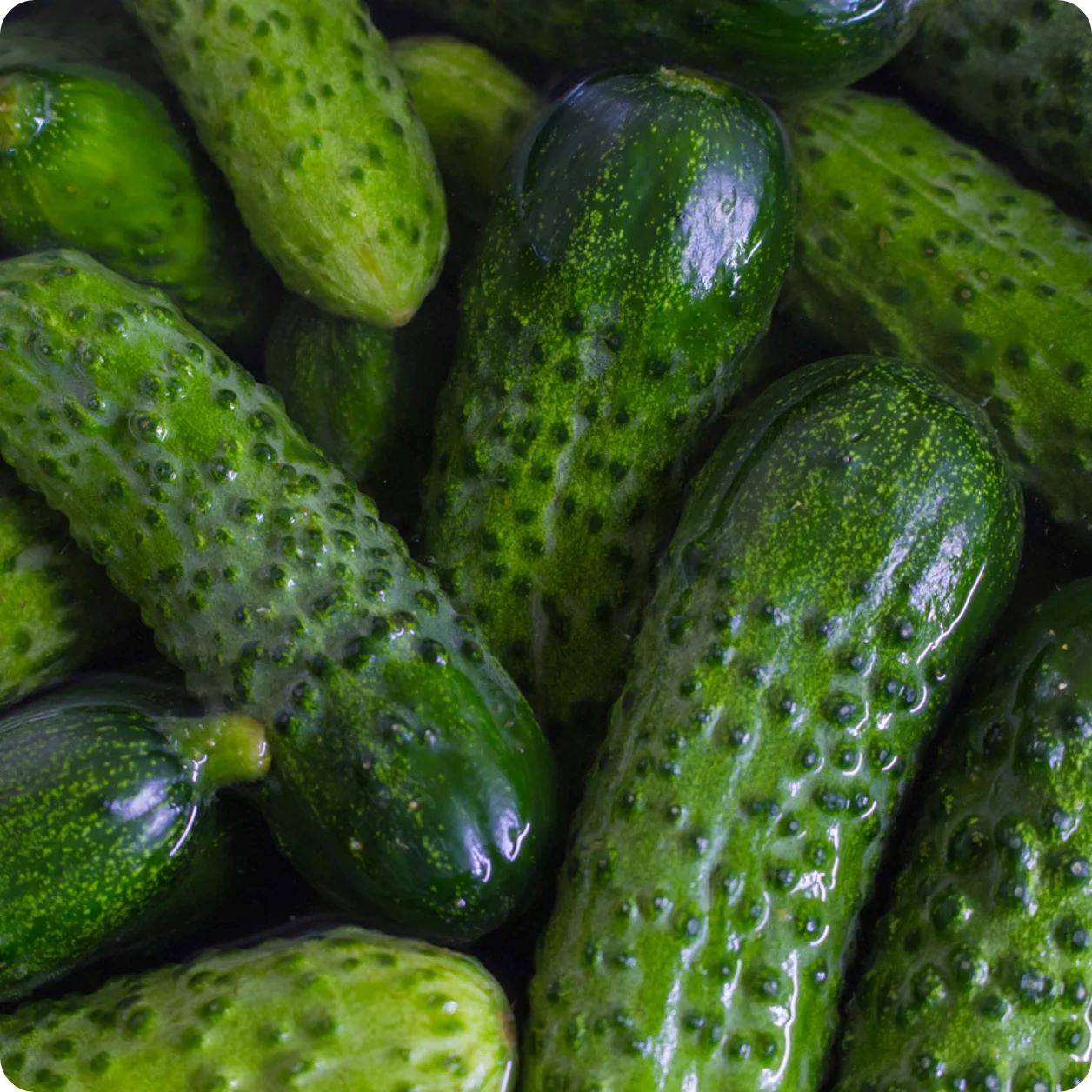
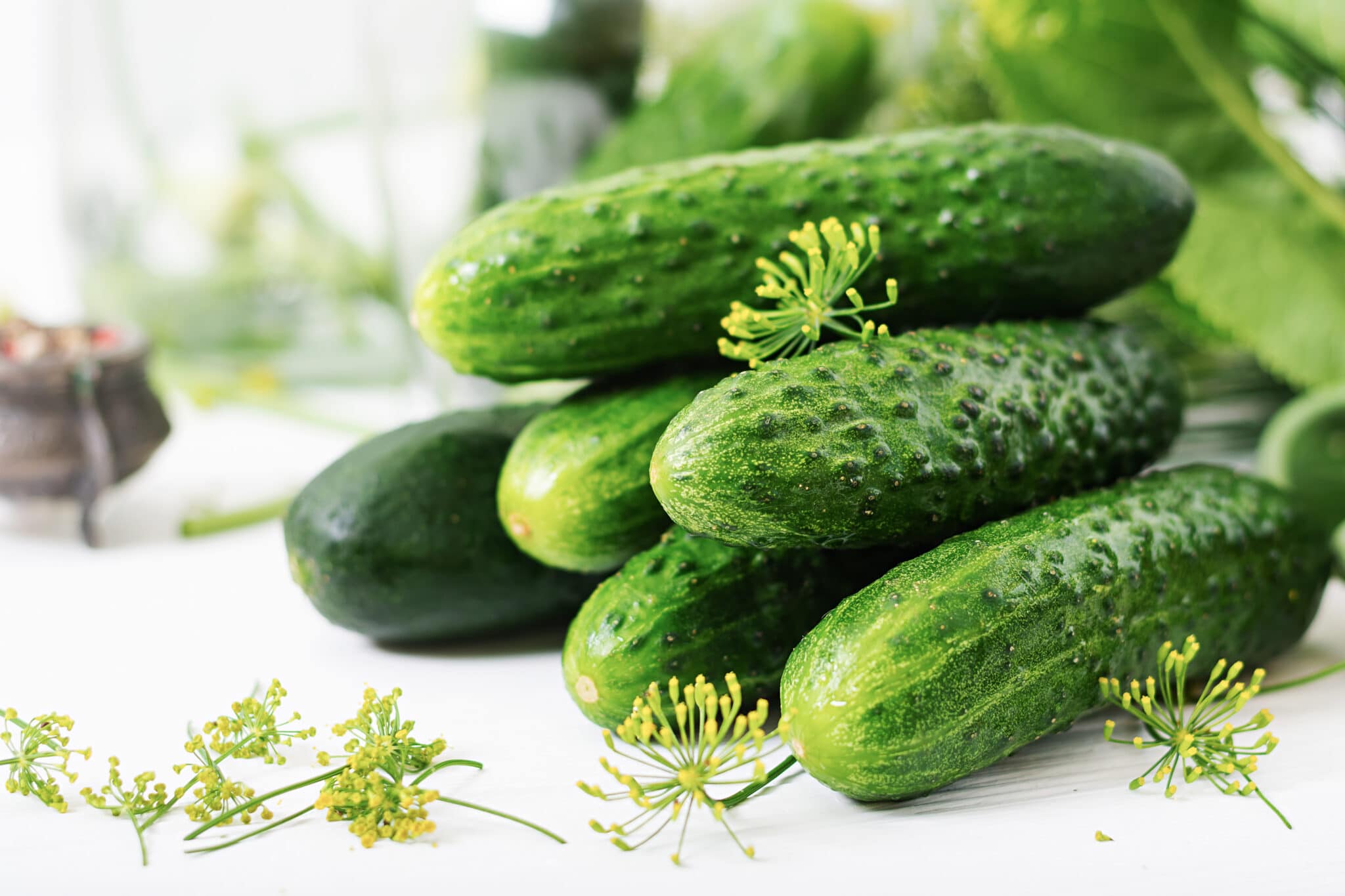
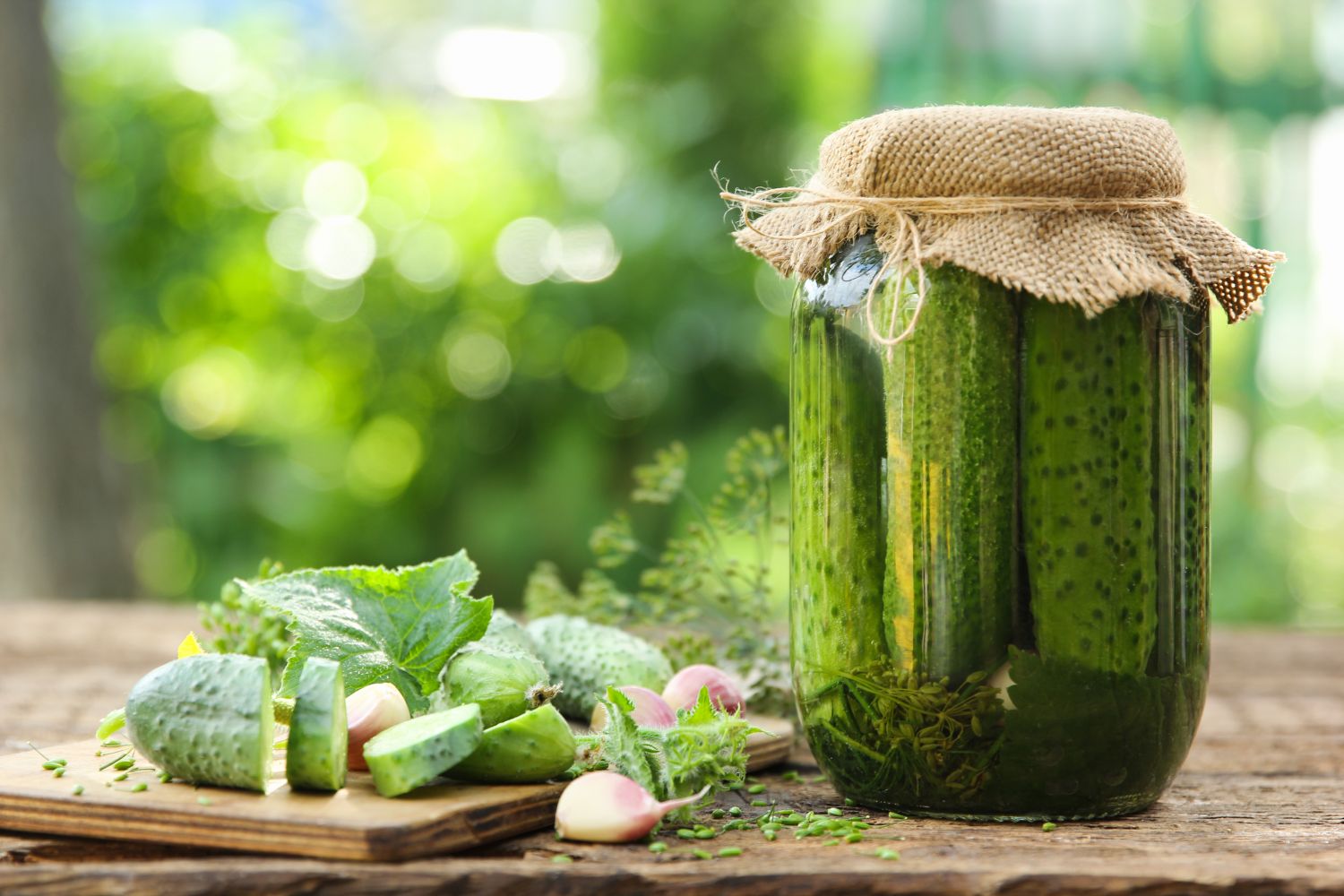
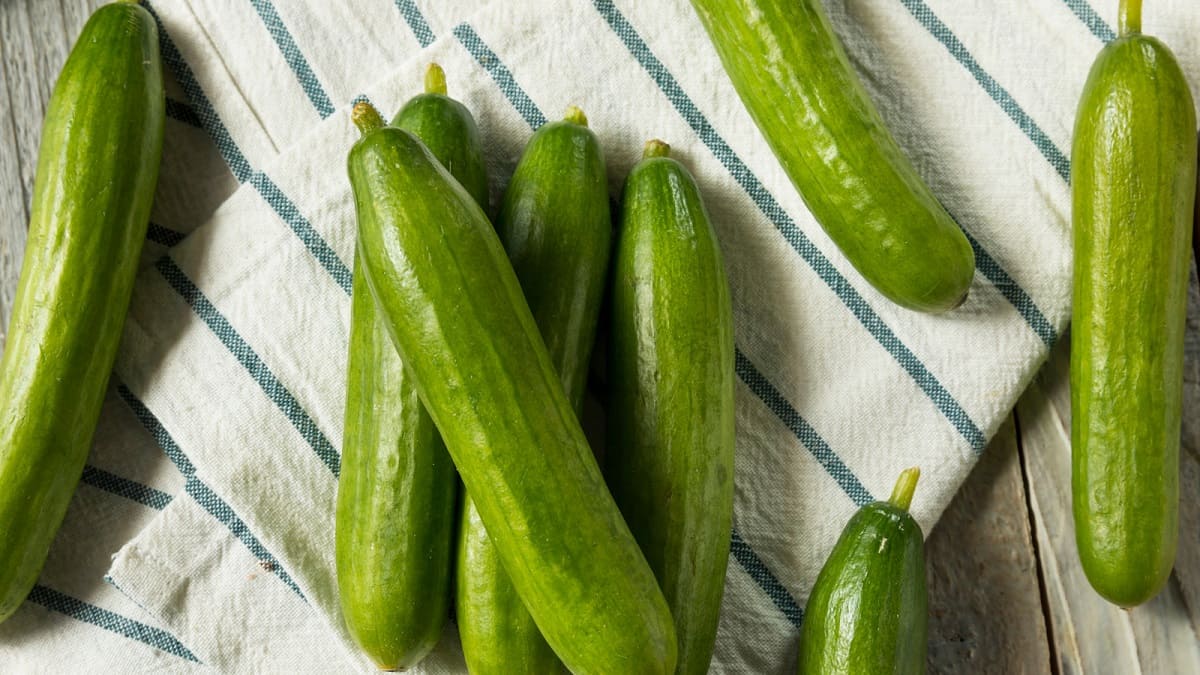
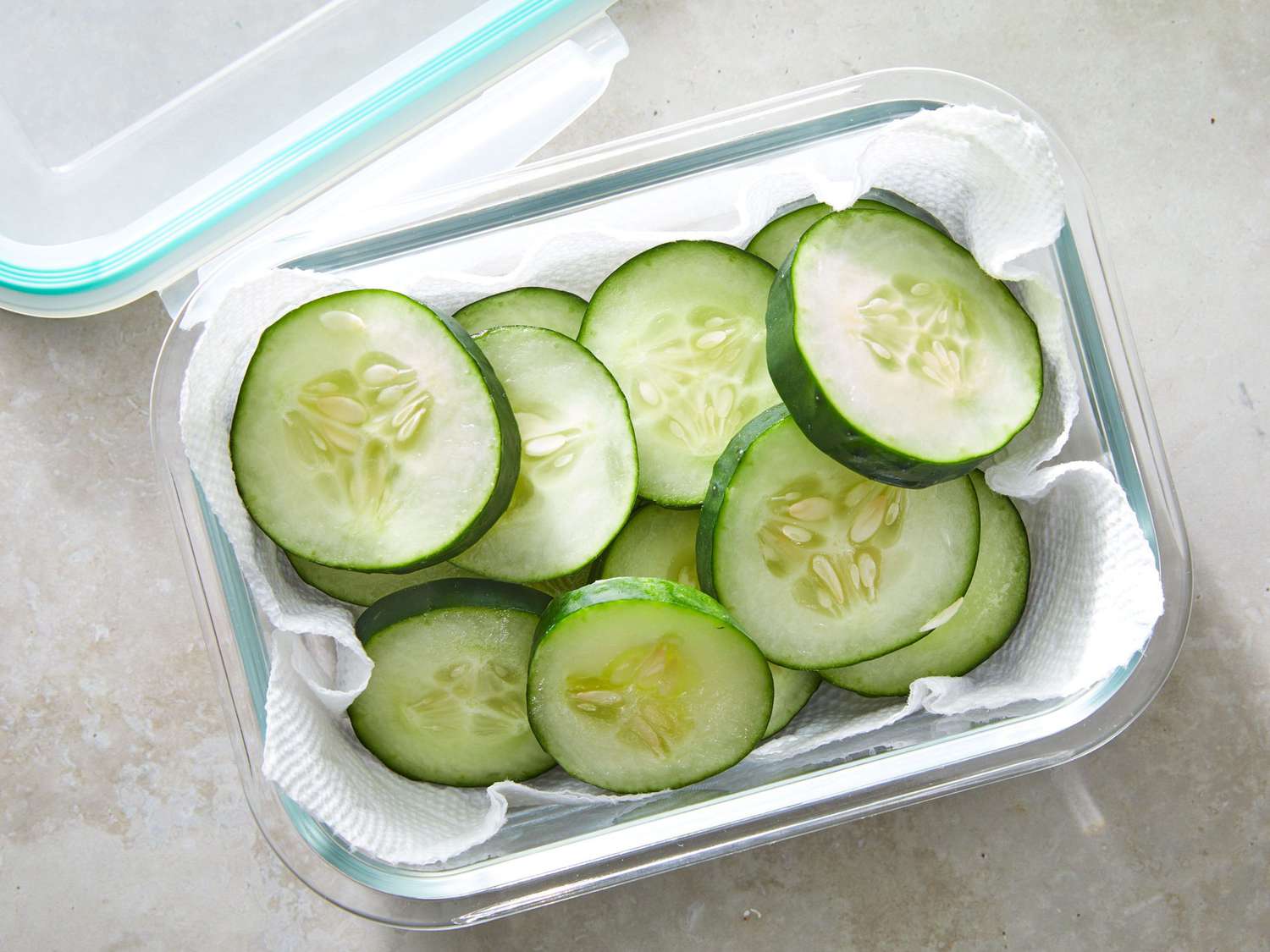
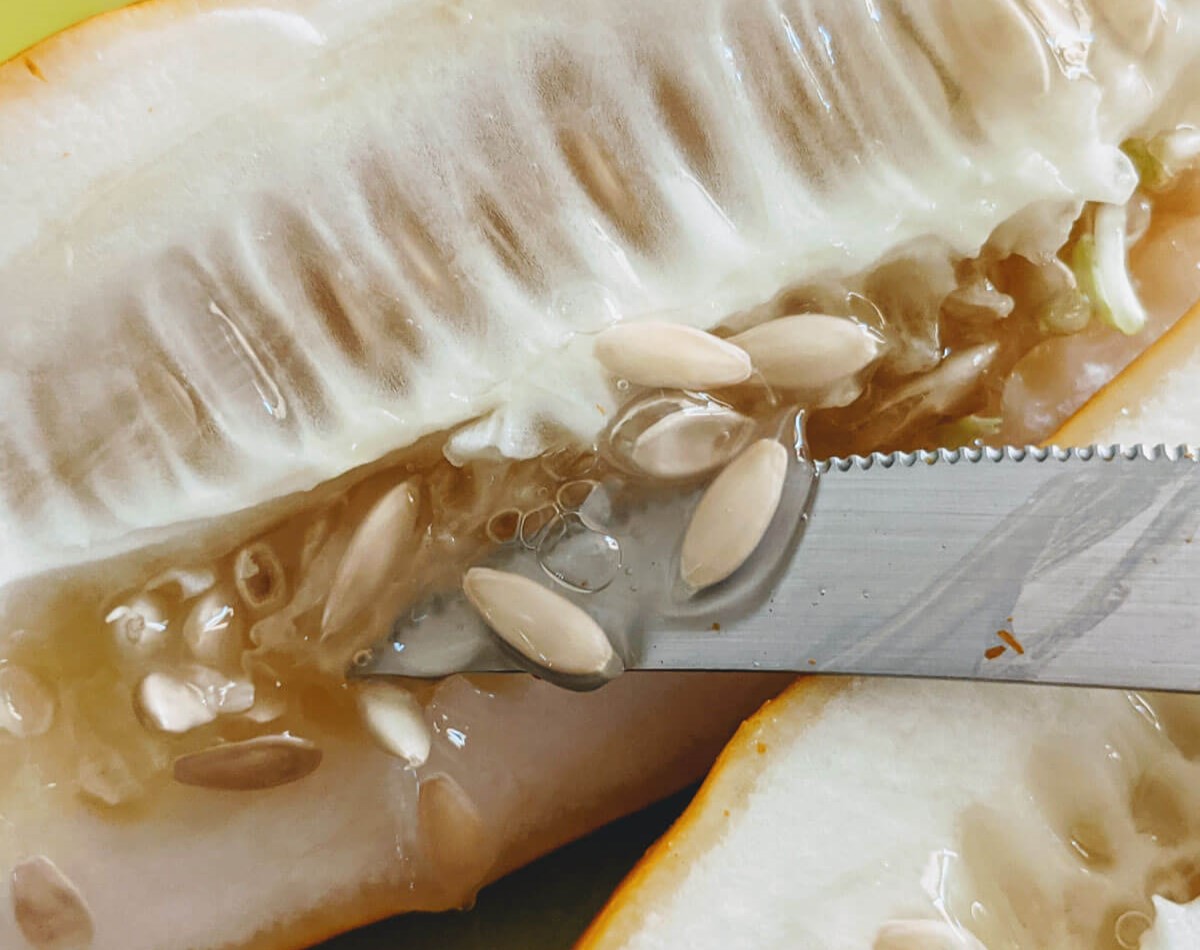
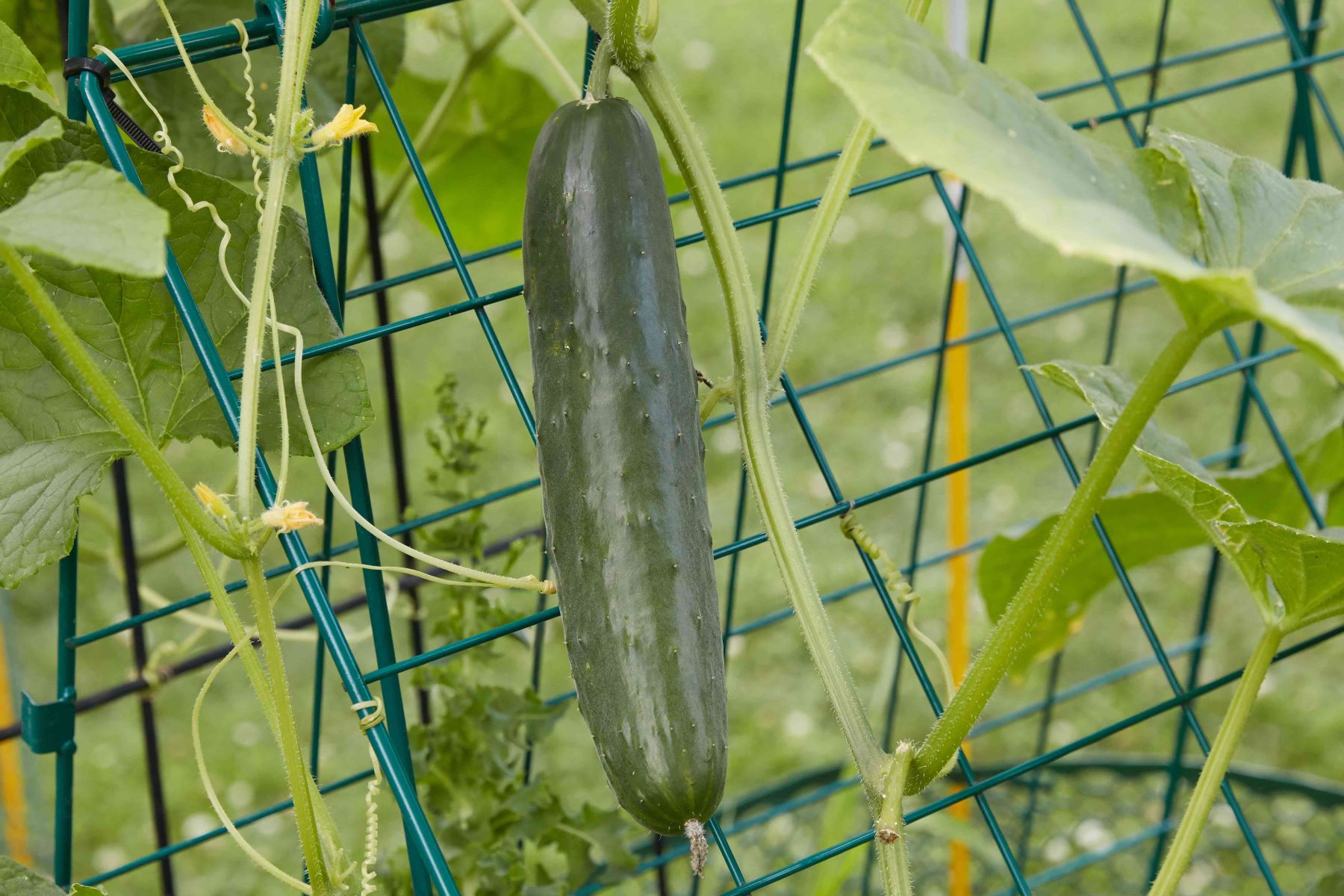
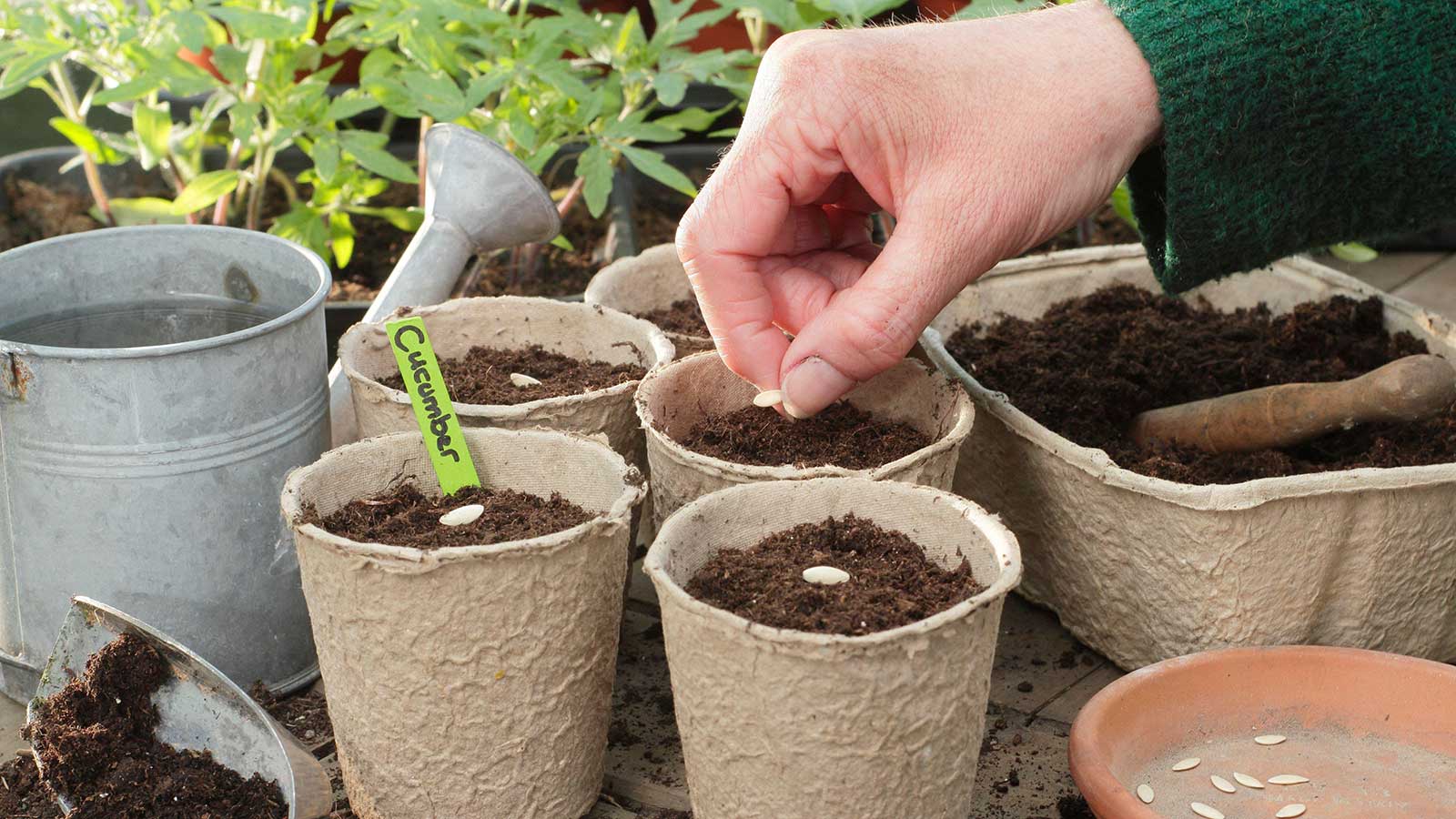
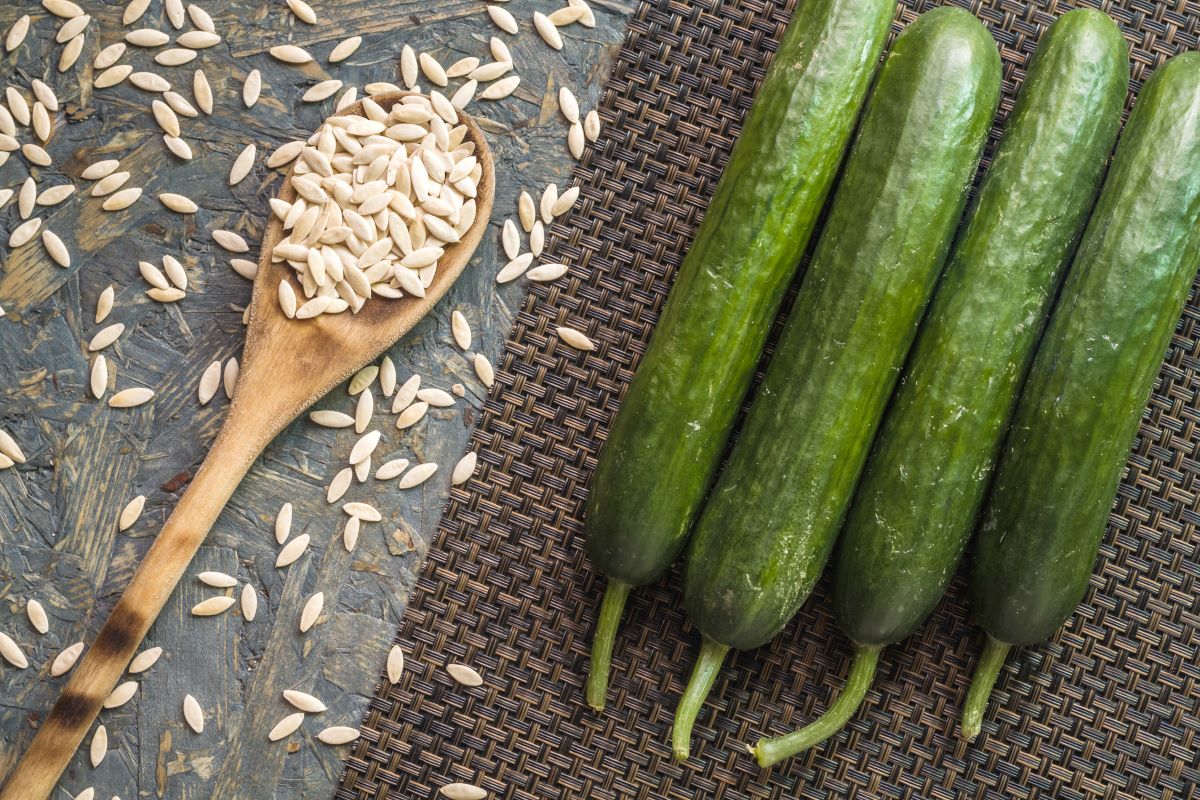
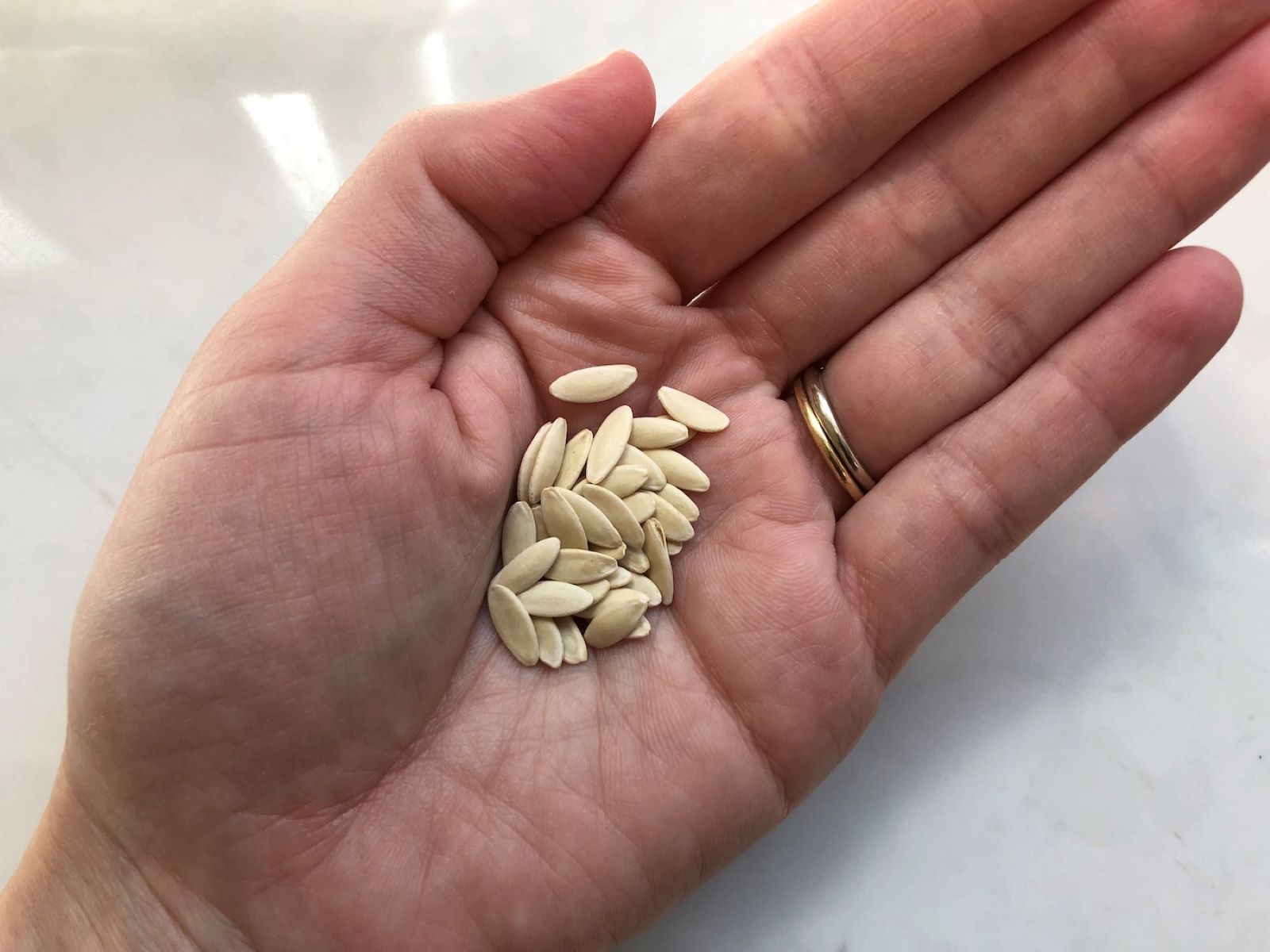

0 thoughts on “How To Store Cucumber”